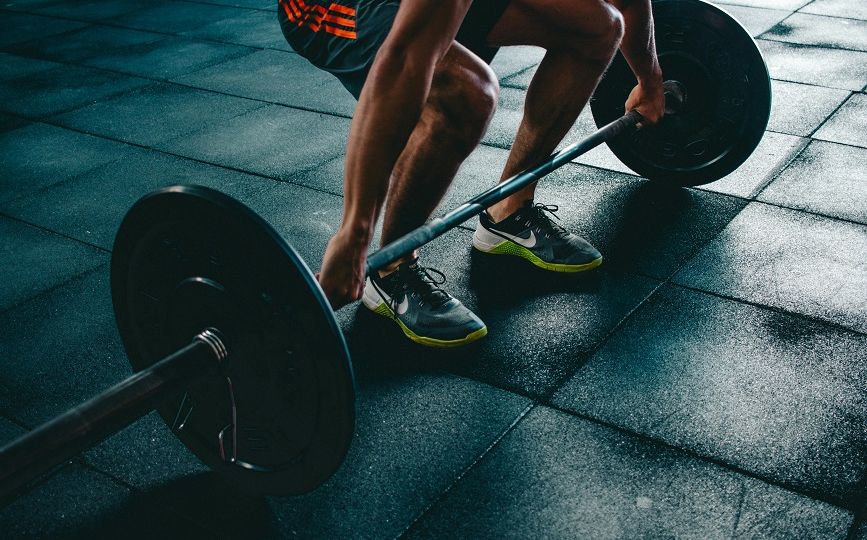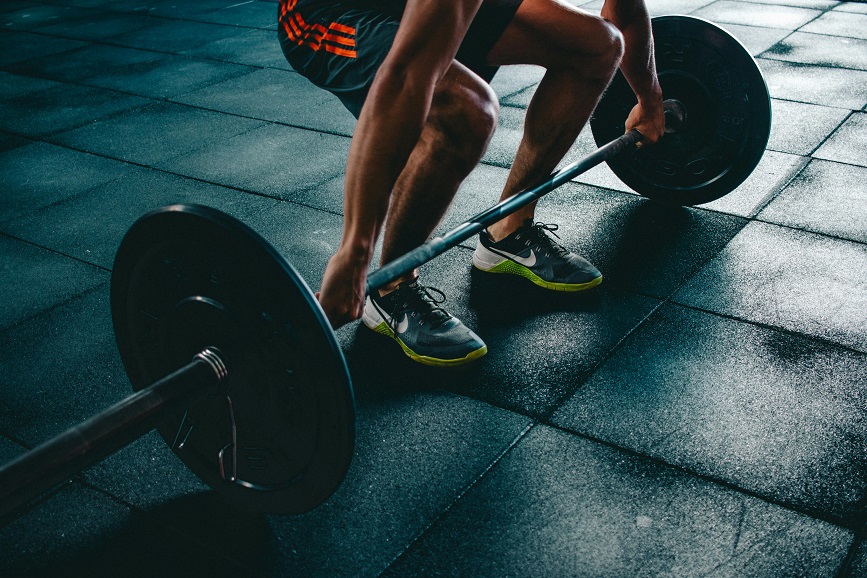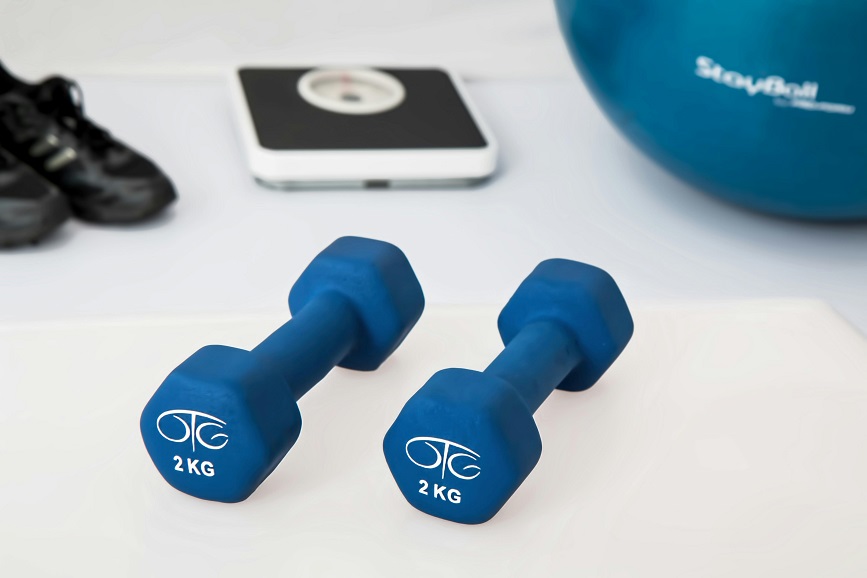
In our quest for a healthier lifestyle, we often focus on either physical exercise or nutrition separately. However, understanding the intricate relationship between the two is crucial for overall well-being. This article delves into the symbiotic connection between physical exercise and nutrition, exploring how each influences the other and offering actionable insights for achieving optimal health.

Understanding the Relationship
- Exercise and Metabolism
Exercise plays a pivotal role in regulating metabolism, the process by which the body converts food into energy. Physical activity stimulates metabolic activity, leading to increased calorie expenditure both during and after workouts. This heightened metabolic rate can persist for hours, facilitating weight management and overall metabolic health. - Nutritional Requirements for Exercise
Nutrition provides the fuel necessary to power through workouts and support recovery afterward. Carbohydrates serve as the primary energy source during exercise, while protein aids in muscle repair and growth. Adequate hydration is also essential to maintain performance and prevent dehydration.
Benefits of Exercise on Nutrition
- Improved Nutrient Absorption
Regular exercise enhances nutrient absorption by promoting blood circulation and improving gut health. Increased blood flow delivers essential nutrients more efficiently to cells throughout the body, optimizing overall nutrient utilization. - Enhanced Metabolic Rate
Engaging in physical activity elevates the body's metabolic rate, leading to more efficient calorie burning and weight management. Regular exercise also helps maintain muscle mass, which further boosts metabolic function. - Regulation of Appetite
Exercise influences appetite regulation by affecting hunger hormones such as ghrelin and leptin. Moderate-intensity workouts can suppress appetite, making it easier to adhere to a balanced diet and prevent overeating.
Importance of Proper Nutrition for Exercise

- Fueling Workouts
Consuming a balanced meal or snack before exercise provides the energy needed to sustain physical activity and optimize performance. Carbohydrates are particularly important for fueling workouts, while protein supports muscle repair and recovery. - Muscle Recovery and Repair
Nutrition plays a crucial role in post-workout recovery by supplying the body with essential nutrients to repair damaged muscle tissue and replenish glycogen stores. Consuming protein-rich foods after exercise helps accelerate muscle recovery and promote strength gains.
Practical Tips for Integrating Exercise and Nutrition
- Pre-Workout Nutrition
Opt for a combination of carbohydrates and protein before exercise to fuel your workouts effectively. Examples include a banana with peanut butter or Greek yogurt with fruit. - Post-Workout Nutrition
After exercise, prioritize consuming a balanced meal or snack containing both carbohydrates and protein within the post-workout window of opportunity. This aids in muscle recovery and replenishes energy stores. - Hydration Strategies
Maintain adequate hydration before, during, and after exercise to support optimal performance and prevent dehydration. Water is generally sufficient for hydration, but for intense or prolonged workouts, consider electrolyte-rich beverages.
Common Misconceptions
- Exercise Alone Can Compensate for Poor Diet
While regular exercise is essential for overall health, it cannot compensate for a poor diet. Nutrition plays a fundamental role in achieving fitness goals and optimizing physical performance. - All Calories Are Created Equal
Not all calories are equal when it comes to nutrition. The quality of food matters, with nutrient-dense options providing greater health benefits than empty calories from processed foods.

